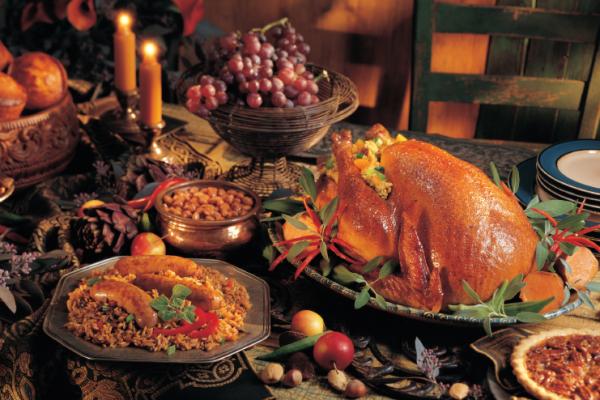Orthodox Christmas Day in Russia
Quick Facts
Many Russians celebrate Christmas Day on January 7 in the Gregorian calendar, which corresponds to December 25 in the Julian calendar.Local names
| Name | Language |
|---|---|
| Рождество | Russian |
| Orthodox Christmas Day | English |
Orthodox Christmas Day 2012
Saturday, January 7, 2012Orthodox Christmas Day 2013
Monday, January 7, 2013
Christmas
Day in Russia marks the birth of Jesus Christ in the Christian Orthodox
tradition. Although banned during the Soviet times, Christmas is now
regaining its popularity and religious meaning in Russia.

Many people celebrate Christmas Day with a festive meal (example of festive meal only). ©iStockphoto.com/photo4u2
What do people do?
People in Russia celebrate Christmas Day with activities such as having a family dinner, attending a Christmas liturgy and visiting relatives and friends. There is a 40-day Lent preceding Christmas Day, when practicing Christians do not eat any meat. The Lent period ends with the first star in the night sky on January 6 – a symbol of Jesus Christ's birth. Many Orthodox Christians go to the church to attend a Christmas liturgy that evening.The first star also signals the start of the Christmas dinner. For many secular Russians, Christmas Day is a family holiday but it is not as important, for many families, as New Year's Day. Many people visit friends and relatives, as well as give and receive presents, on January 7. Prior to Christmas Day, there is Christmas Eve, which marks the start of an old Slavic holiday, Svyatki, in which young women used a mirror and candles to invoke the image of their future husbands. Like going to church, fortune-telling on Christmas Eve is again becoming popular in Russia.
This day in Russian history:
ReplyDeleteIn 1762 Peter III became Emperor of Russia. After Peter gained the throne in 1762, he withdrew from the Seven Years' War and made peace with Prussia. He gave up Russian conquests in Prussia and offered 12,000 troops to make an alliance with Frederick II. While historically Peter's planned war against Denmark was seen as being a political failure, recent scholarship has portrayed it as part of a pragmatic plan to expand Russian power westwards —he saw gaining territory and influence in Denmark and Northern Germany as more useful to Russia than taking East Prussia.